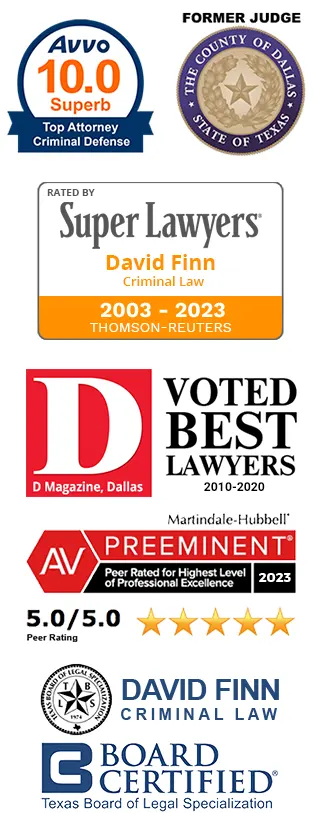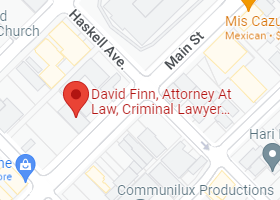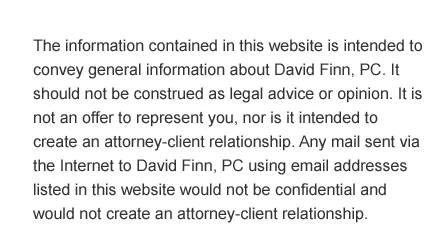


Interview
Significance
The initial interview with a prospective client is very important. It should establish the basis for ensuring the trust and cooperation of the client, obtain the necessary information regarding the facts of the case, and explain the fees and expenses involved in the case and the terms under which the attorney will work.
Early in the attorney-client relationship, the attorney should stress the importance of the accused’s honesty and cooperation with the attorney in preparing the defense and that the accused must inform the attorney of all the relevant facts involved. The attorney-client privilege should be discussed with the client in order to encourage honesty and openness in the relationship. Counsel should also admonish the defendant not to discuss the case with anyone other than counsel or one of his or her representatives. This is particularly important if the defendant is incarcerated. An incarcerated defendant should never discuss the case with other inmates or visitors. Similarly, the defendant should be advised that all personal mail will be censored, and the defendant should assume that anything contained in a personal letter is being read by the jail authorities. Theoretically, this procedure does not apply to attorney-client correspondence, but it is advisable to proceed on the assumption that this correspondence is also being censored. Similarly, the defendant should assume that all phone conversations from the jail are being monitored. Finally, the defendant should be admonished never to agree to any conversation or activity with police authorities without requesting the presence of counsel.
During the first interview with a defendant, the attorney may wish to discuss the elements of the allegation against the defendant and the penalties that attach to the particular crime involved. It is also advisable to discuss the general procedures usually followed in handling the type of case under consideration. However, counsel must be careful not to make specific promises or guarantees as to the result of his or her representation.
Depending on the client and the attorney’s personal preference, the attorney may want to discuss and settle the fee arrangement and terms of employment before spending any great length of time obtaining the facts of the case from the defendant. In any event, the attorney will find it helpful to get the facts from the client as soon as possible.
It may be helpful if counsel obtains a written copy of the defendant’s statement of the facts of the case and relevant background information or a recording of the necessary factual and background information. A written or recorded statement is of use to the attorney during the proceeding itself and it protects the attorney from subsequent claims of ineffective representation or malpractice. Similarly, counsel should always make a record of any strategy disputes with the defendant so that if the defendant’s requests are followed, and they are unsuccessful, counsel may be protected against future claims of ineffectiveness. Counsel may also want to obtain a power of attorney from the accused, have the accused sign record release forms, and make arrangements regarding bail if the accused is in jail.
Presence of Third Persons
As a general rule, third persons should not be present during the attorney’s interview with the defendant, particularly if the defendant will be discussing the facts concerning his or her alleged involvement in the offense. The presence of others may cause the defendant to feel ill at ease and be reluctant to honestly and openly discuss the case. More importantly, the presence of persons other than counsel and those persons engaged by counsel to aid in the defense may prevent the substance of communications made during the interview from being protected by the attorney-client privilege.
Fee Arrangements
Fee arrangements are available for the payment of criminal legal fees. Factors that may be considered in determining the reasonableness of a fee in a criminal case may include the following:
- The time and labor required;
- The novelty and difficulty of the questions involved;
- The skill required to perform the legal service properly;
- The likelihood, if apparent to the defendant, that the acceptance of the particular case would preclude other employment by the attorney;
- The fee customarily charged in the locality for similar legal services;
- The time limitations imposed by the client or the circumstances of the case;
- The nature and length of the professional relationship with the defendant; and
- The experience, reputation, and ability of the attorney or attorneys performing the services.
The range of fees which may be charged by criminal defense attorneys may vary a great deal depending on the attorney, client, and crime involved. The determinative factor in assessing the fee is often the experience, reputation, and ability of the attorney. Since this element, as well as many of the factors listed above, is extremely subjective, it is difficult to determine whether any fee in a criminal case is actually unconscionable. Any uncertainty in determining unconscionability should be resolved in favor of the attorney.
The information contained in this web site is intended to convey general information about David Finn, PC. It should not be construed as legal advice or opinion. It is not an offer to represent you, nor is it intended to create an attorney-client relationship. Any email sent via the Internet to David Finn, PC using email addresses listed in this web site would not be confidential and would not create an attorney-client relationship.
Phone Numbers
Office: (214) 538-6629







